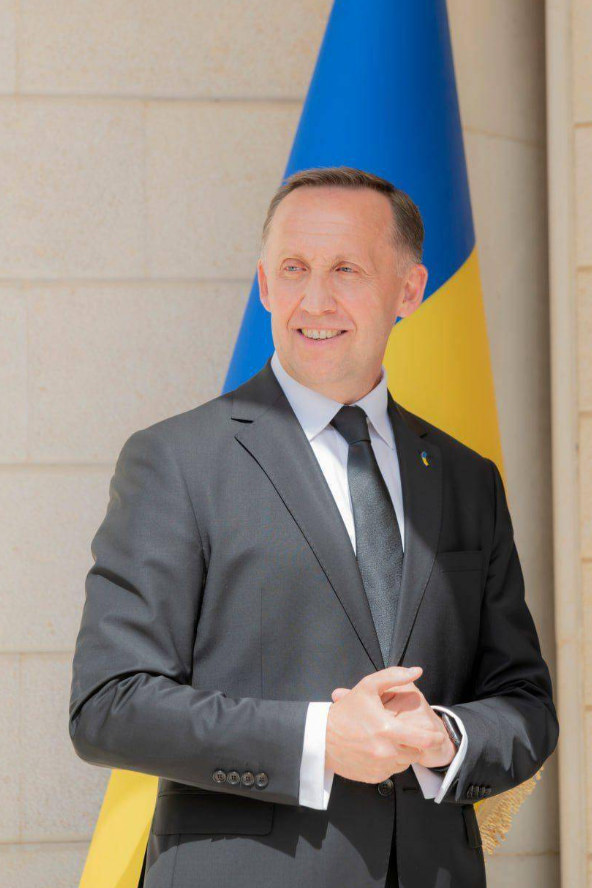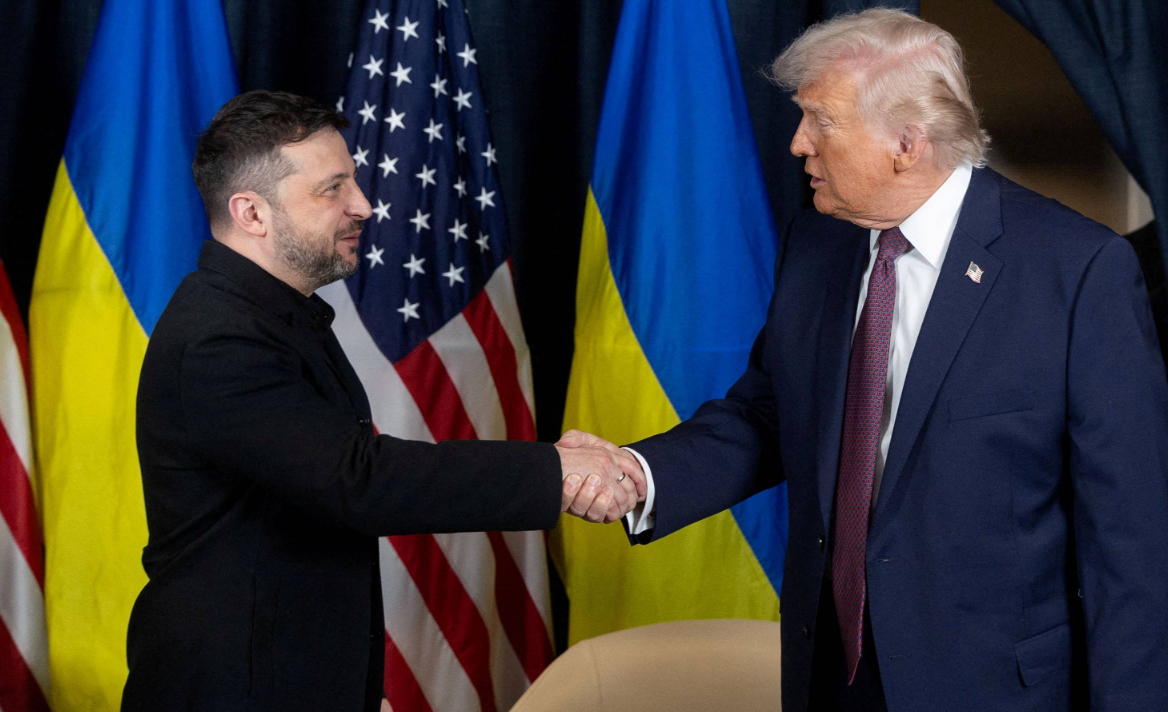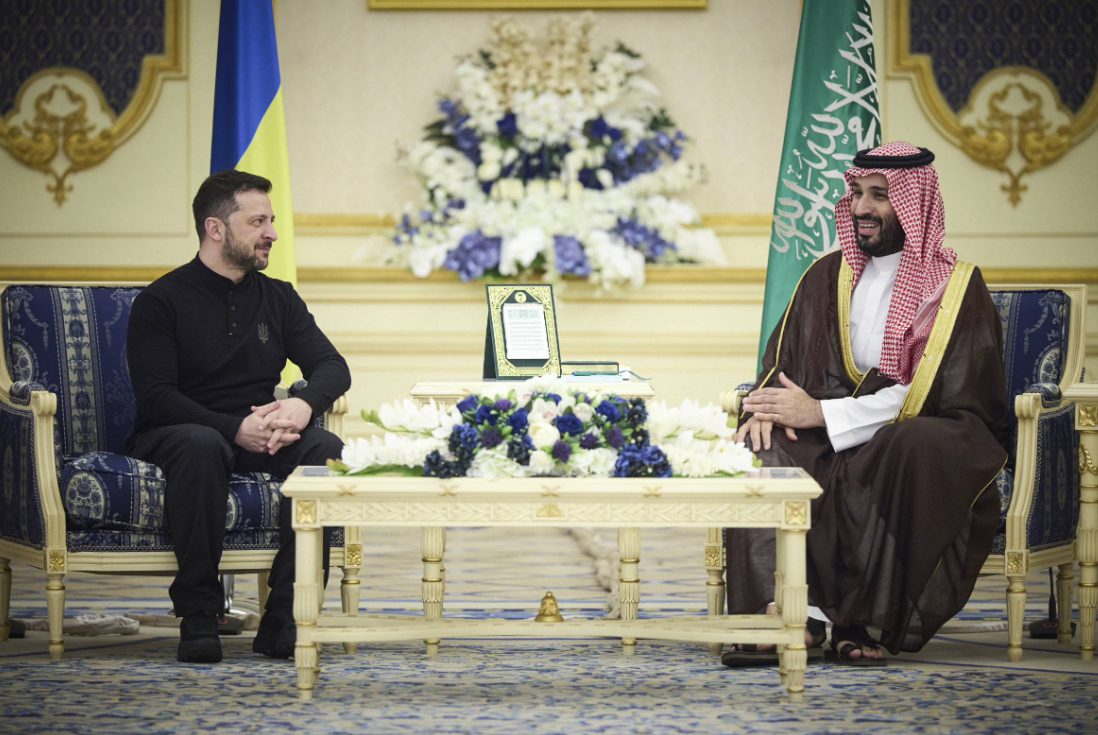Rania Nashar, Chair of the B20 Women in Business Action Council, underlined the need to promote equality between men and women in the work field, noting that the Council was seeking to adopt policy measures that would encourage women’s participation in the business world.
In an interview with Asharq Al-Awsat, Nashar said the Council had submitted five recommendations to the G20 pertaining to women’s employment policies.
In this regard, she noted that the Saudi Business Group recorded the largest percentage of female participation in work teams compared to former presidencies. Saudi Arabia is the current chair of the G20.
“The participation rate of women reached 33.4%, most of them are Saudi, and the percentage of heads of work teams is 43% for the first time in the history of the business group,” she stated.
Nashar, who is also the CEO of Samba Financial Group, touched on a number of challenges and the impact of the coronavirus pandemic on working women, in addition to solutions that enable them to advance their career.
She noted that the B20 Women in Business Action Council was aimed at addressing a number of issues, including gender inequality and the means to increase women’s participation in the business field, particularly in leadership positions across the countries.
“The Council’s priorities include advancing reforms in the equal treatment of women in a way that contributes to highlighting their full potential in the work field, creating a favorable environment for women entrepreneurship, in addition to adopting an approach that focuses on promoting effective cooperation between stakeholders,” she told Asharq Al-Awsat.
The work of the Women in Business Action Council has a great importance in terms of contributing to policy recommendations for the G20, Nashar emphasized.
Asked about her evaluation of the participation of Saudi women in the B20 meetings, she said: “The Saudi Business Group made sure that women in all G20 countries had a platform to express their views. In line with our commitment to provide a role model for others, the Saudi Business Group recorded the largest percentage of female participation in work teams compared to any previous presidency.”
She continued: “For the first time in the history of the business group, a council for women in business was established and worked to develop a road map to enhance the role of women in a number of fields. The Council has also sought to make women’s participation vital, to empower them in the career path and increasing their access to fair employment opportunities.”
Asked about the impact of the coronavirus pandemic on working women, Nashar said: “Hundreds of millions of people around the world faced severe restrictions due to the direct repercussions of the emerging coronavirus. Women were particularly affected by it, knowing that they are more vulnerable to the repercussions of this pandemic in the long term.”
Relying on recent data and statistics, Nashar said that women have been more at risk of contracting the virus, as they constitute 70 percent of workers in the health and social sectors at the global level. In addition, more women work in low-paid jobs that lack security and social protection.
“In addition, many of the staff dismissals that take place around the world specifically target the service sector, including the retail, hospitality and tourism sector, which employs a large proportion of women,” she underlined.
The chair of the B20 Women in Business Action Council said that women have faced many challenges during the pandemic, including the closure of schools and the implementation of distance learning, which increased the burden of home care.
“Female business owners are also facing difficulties in financing their businesses; and given the current economic slowdown, they will face the risk of closure or bankruptcy,” she warned.
According to Nashar, one of the important steps in alleviating this problem is the establishment of a crisis response fund for women owners of micro, small and medium enterprises, and the adoption of clear legislation that eliminate all forms of gender-based discrimination and bias in decisions related to dismissal from jobs during the current pandemic and future crises.
Asked about the solutions that can help women advance their career, Nashar said that women’s access to equal employment opportunities would contribute to positive business and economic outcomes.
“It also increases economic output by reaching a wider pool of talent and fostering innovation and corporate productivity,” she noted.
She added that the Council was seeking to speed up government procedures to ensure solidarity in the field of business between men and women.
On the means to advance levels of gender diversity in business environments, bridge the existing gender wage gap, and eliminate discrimination, Nashar said: “We focus on bridging the existing gender gap, which will continue to widen if no action is taken today, as companies and policymakers must work together to ensure equal opportunities and pave the way for more success stories.”
She added that based on this reality, the Council was preparing policy recommendations that address the urgent and medium-term priorities resulting from the outbreak of the pandemic in the G20 countries.
“Our policy recommendations also aim to support the implementation of the United Nations Sustainable Development Goals. Driven by this commitment to implement the gender equality agenda and bridge the wage gap, the Saudi Business Group has ensured that women in all G20 countries have a platform to express their views,” Nashar said.
She also told Asharq Al-Awsat that the Council has issued in July a special report for the G20 that included a six-point plan aimed at combating the current global epidemic and laying the necessary foundations to confront the resurgence of the disease in the future, including a possible second wave.
The report was prepared in collaboration with business leaders and multilateral organizations around the world, she said.
The Saudi Business Group also sought to reach a consensus on how governments can better support the private sector during the crisis, protect the economy and prepare for future crises. More than 750 business leaders from the G20 countries and beyond provided their opinions, including leaders of multinational corporations and SMEs, Nashar explained.
She also revealed: “Besides the immediate response to the pandemic, we cannot disregard the long-term issues that must be addressed. In this context, all the work teams of the Saudi Business Group and the Council are finalizing policy recommendations, which will be submitted to the G20 Presidency at the end of this month. Those include a number of sectors and issues that affect the international business community and require government partnership and close cooperation.”
The chair of the B20 Women in Business Action Council concluded by saying: “The emerging coronavirus crisis imposed a new business model on governments and companies around the world, and pushed them to take unprecedented decisions and measures, such as distance learning and remote work. This has contributed to the development of a new environment for both systems.”
“These measures will help moving towards a future dependent on digital transformation and will facilitate the process of gradually returning to the pre-pandemic lifestyle.”













